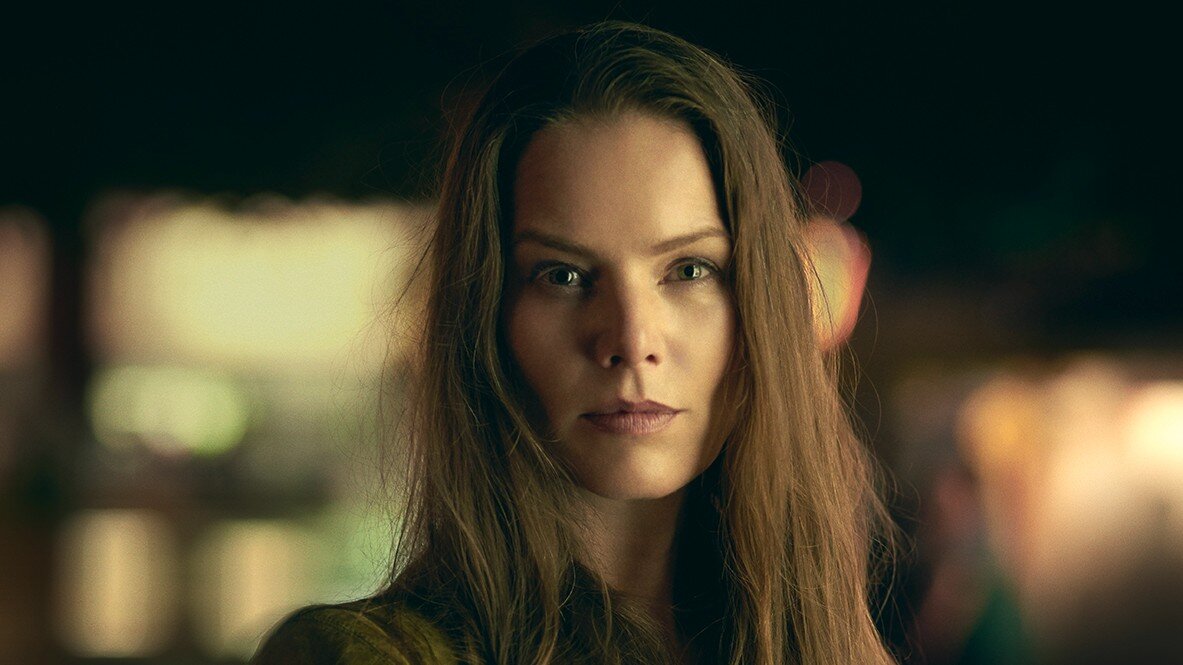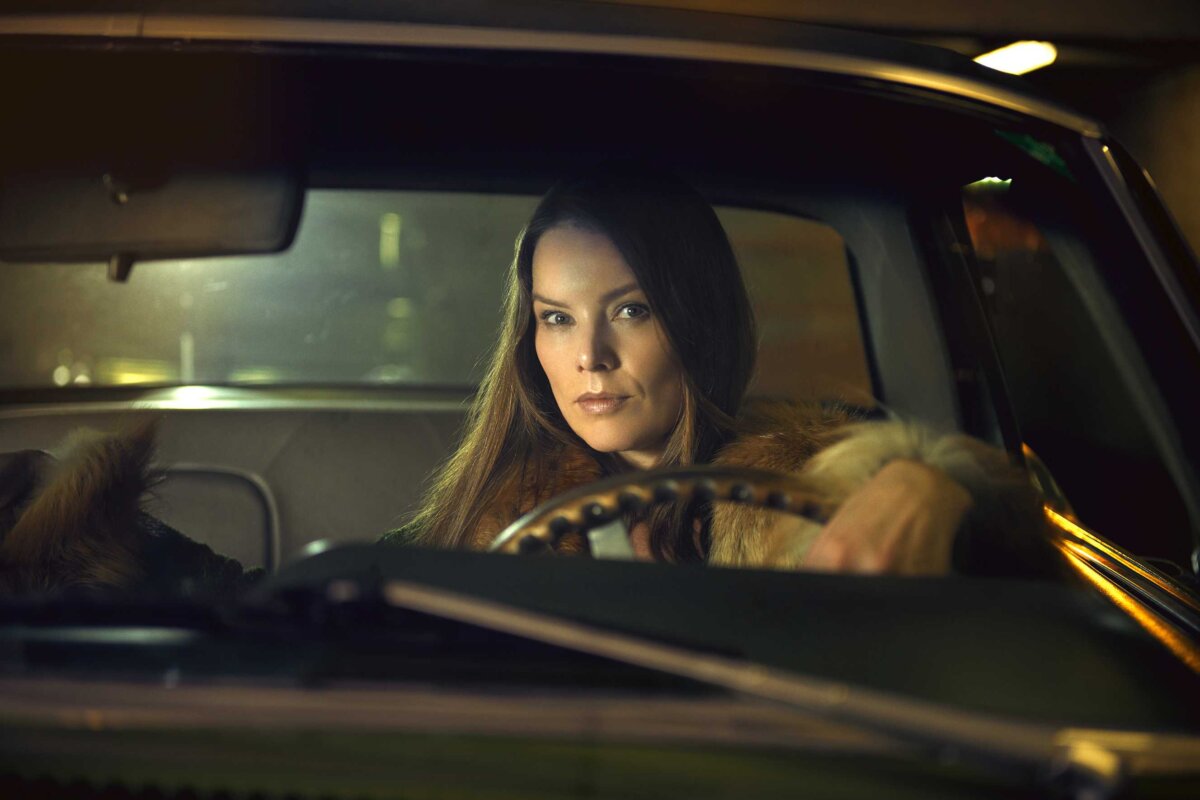
She lived in New York and Vienna, now she’s moved back to Oslo. Rebekka Bakken says she feels at home anywhere, and she likes to take almost nothing from the past with her. The cosmopolitan singer-songwriter performs with Modern Art Orchestra in Müpa Budapest.
– Would you please share with us how did you start writing songs?
– I needed songs to sing and play at the piano, so I used all my weekly allowances to buy sheet music composed by others, and I ran out of music that I liked. So I wrote my own, perfectly made to my own liking, and for my ears and heart only. Little did I know at that time that it would become so important in my life. Making songs came easy to me from the very beginning, and it felt very freeing to create something out of nothing. Later, the ease with which I write goes up and down, and I never know what is easy and what is hard. It could potentially be frustrating, but I have never stressed myself with concerns about producing more music. I can go for a year or two without writing a note, and then all of a sudden, the machinery starts again. I have learned to live with these dynamics.
– You must’ve gained some routine, right?
– No, there is none, really! I never know when the machinery starts or stops.
– You lived in New York which you could call a capital of jazz, and then in Vienna, a centre of classical music. Did these cities shape your musical taste?
– Oh, yes! New York prepared me for including jazz in my repertoire and expression. When I moved to Vienna, I almost lost my breath by the beautiful experience of listening to classical music live. One of my albums that I made during this time is very influenced by this and I have some real wonderful Viennese classical musicians playing on it, too.

Rebekka Bakken – fotó: Andreas H. Bitesnich / Sony Classical
– Do you feel like home now that you live in Oslo again?
– I have moved so much in my life, and have loved to be a foreigner in the countries I have lived in. I learned to feel at home anywhere, and whenever and wherever I get this feeling, I am really at home. Living in Oslo—which I am still in the process of getting used to—has not changed this, and I love to travel and to feel at home wherever I go.
– You made ‘Things You Leave Behind’ in 2018, after moving back to Norway and having a child. What does the title refer to? What did you leave behind?
– I am always leaving things behind. This particular time in my life, I had left behind my last move to New York. In general, I like to bring as little as possible with me from the past and into the future. There is more intensity in life then, and I rarely look back.
– I read everywhere that you refuse being labelled as the “jazz-singer”. But I have to ask, since now you perform with a jazz ensemble, what do you like in jazz? How did it impact you?
– In jazz, there is a certain presence and immediacy that is needed and allowed for. It is a beautiful meeting space between the people involved in the tonal picture. I love this concentration; I love to give in to it whatever it happens on stage.

Rebekka Bakken – fotó: Andreas H. Bitesnich / Sony Classical
– You’re going to sing a couple of songs by Tom Waits in Budapest from your seventh album. Why is he important?
– I love how Tom Waits creates such a magical meeting point between the stark and the beautiful. The lyrics are singing themselves; each sentence feels like a world in itself and the music is just great. It was very freeing to me to dive into the songbook of Tom Waits.
– “Did the Devil make the world while God was sleeping?”—this is a line from A Little Drop of Poison. Do you have an answer to that?
– That is Tom Waits’s question, not mine.
– How did you get in contact with Modern Art Orchestra and Kornél?
– I got an invitation to perform with the Modern Art Orchestra and Kornél a few years ago. I was delighted and have been looking forward for a long time to this work together. We’re going to start rehearsals in a few days and I can’t wait!






